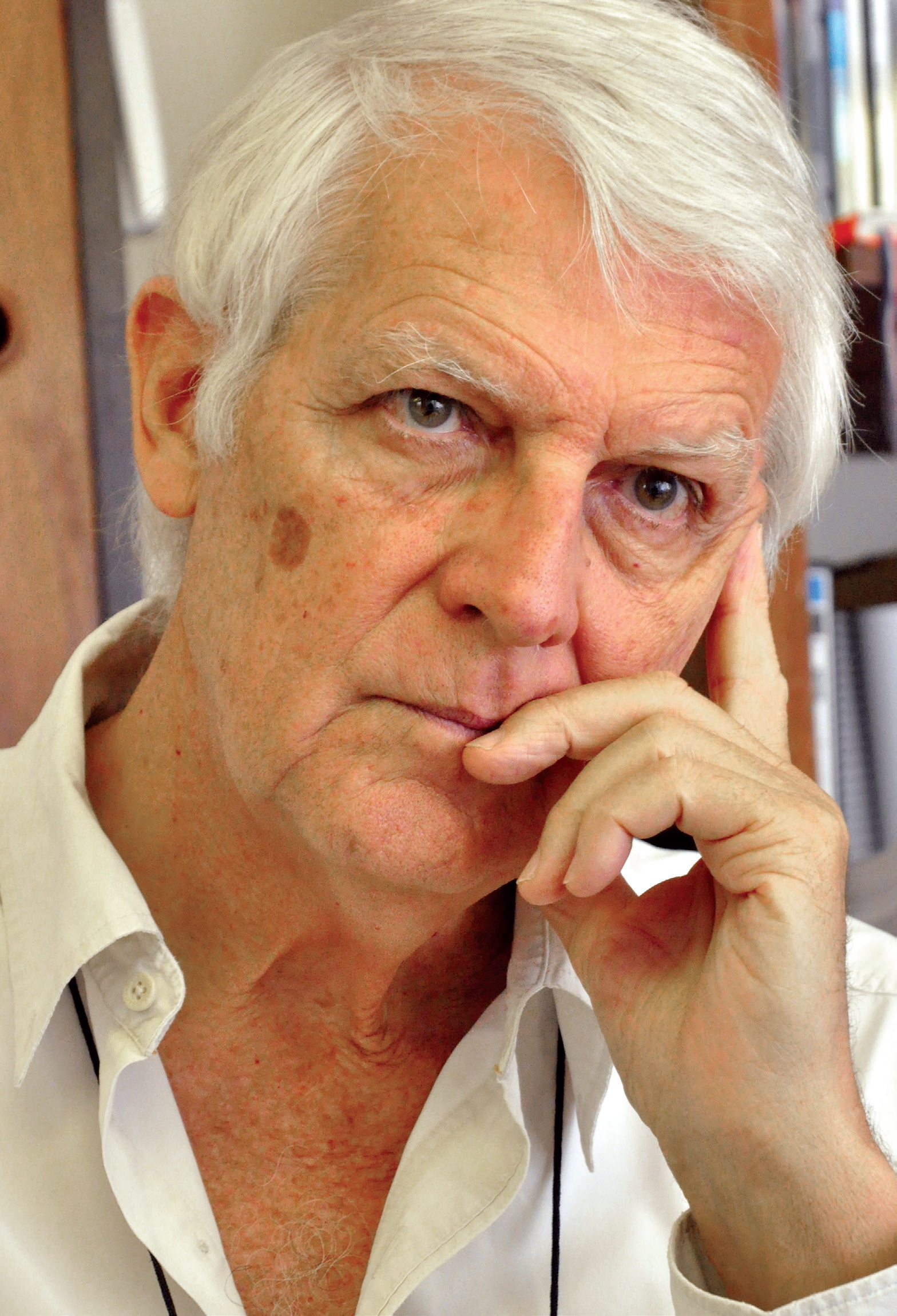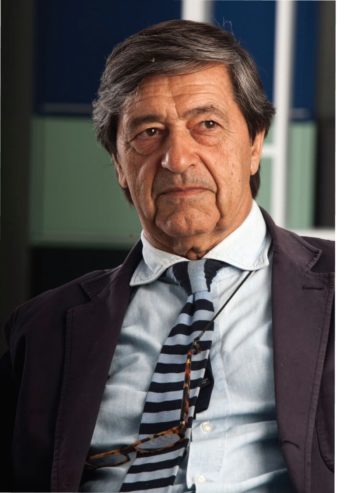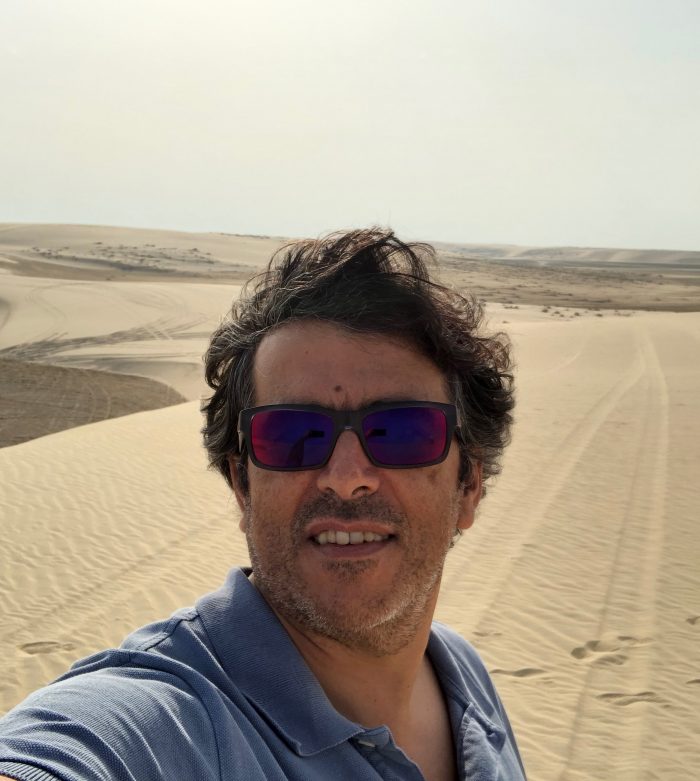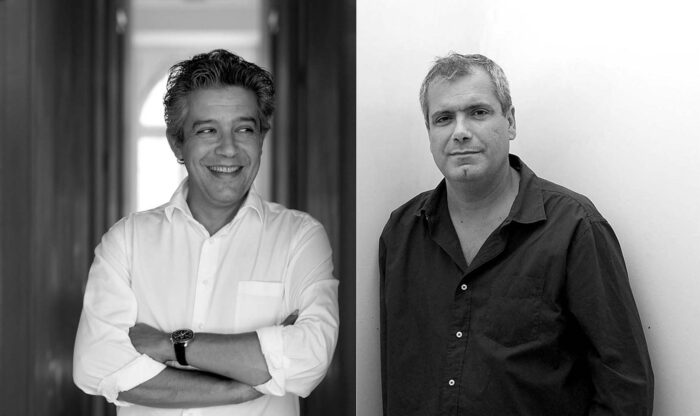A conversation with Arch. José Forjaz

A conversation with Arch. José Forjaz
‘In Mozambique, architecture is for the rich and the models that serve them are imposed on the poor […] We are quantitatively more in need than at the outset’
Architecture has an undeniable social responsibility. In 1974 you’ve accepted to participate in the construction of a country. What did you find in Mozambique when you started working here? What needed to change?
Changing is a restrictive idea. In our profession, few things changed with political change, or rather, little changes in technology. But it was necessary to accept and promote the change of ideology, which always has economic and aesthetic consequences. Naturally, in Mozambique, where a 360 degree political shift was made, we ended up exactly where we were when we started in 1975: architecture is for the rich and the models that serve them are imposed on the poor. Of course, then there are those who are not even poor and those for whom a sheet of zinc or a block of cement begins to be the hope of having a home. I cannot give you exact statistics, but my intuition is that after all the efforts made, which could have been greater, we are quantitatively more in need than at the beginning.
And what about the current country? Was the current crisis avoidable? Is it already overcome, or will it last longer? And is people’s daily life improving?
The current crisis is endemic and will continue as the basic conditions are not changing fast enough. The false notion that wealth is distributed from top to bottom, and that the investments of the rich become the means for the benefit of the poor, is still defended as an effective remedy for a possible improvement in the distribution of national wealth! It is a convenient idea, but one that no longer deceives anyone, especially the most unprotected classes that are not interested in ideas and theories but in bread and shelter. It is evident that today there is a middle class rising that has been mainly benefited by the way the state is stolen by politicians and corrupt employees, mostly incompetent people. Having a stamp or Kalash on your hand is much more profitable than working in the field, on site or in the workshop … but less socially productive. But, to make the answer objective: ask a peasant from Niassa or Zambézia if his life and that of his family have changed substantially in the last 40 years? It is true that much has changed since Mozambique’s independence day. Above all, the psychological conditions of people’s self-respect have changed. It is more difficult to affirm that the material changes are as expected.
You held government posts (National Director of Housing and State Secretary for Physical Planning), playing an important role in guiding the drafting of the Mozambican spatial planning law. What was this intense experience like? What relevant actions did you take at that time and what still needs to be done for the country’s leaders in the future?
These were memorable experiences, which I would not exchange for any others, but only possible in the political environment at the time. Today I discover and recognize our collective naivete. I am not sure that I have done anything relevant to the current political environment. Perhaps the most significant act, was highlighting the need to think of the country as a physical entity and an ecological system and not just reduce it to economic and social statistics, which was the creed then imposed by our “natural allies”. But the introduction of the concepts of physical, national, regional and local planning, only makes real sense when it is accompanied by great intensity of staff training and with their integration at all levels in a government apparatus that knows how to prepare the plans’ terms of reference, who knows how to read and interpret them and who is sufficiently righteous not to use these skills and knowledge for their own benefit.
You were also the director of the first architecture college in Mozambique. Do you feel that local professionals are increasingly better prepared to overcome the challenges of the country that needs them so much?
This is a very difficult question for me because, since I left the direction of the first college of architecture in the country, I did not want to interfere in the way the pedagogical practice is now conducted. My doubts regard the ability to attend classes with more than 60 students, with teaching staff with reduced teaching and professional experience and without adequate teaching means: there is not enough space or equipment, there are no laboratories and workshops, there are no libraries and documentation centers. I continue to recommend a propaedeutic year that bridges insufficient high school education and introduces the levels of curiosity and cultural appetite that are essential to university education. Let us not forget that our social, technical and cultural environment is extremely poor: for example, in a country with almost thirty million inhabitants we have a total of 6 bookstores. As far as I know the other architecture colleges in the country are even worse. It is certainly no different than what happens in other colleges and universities in the country, which, in my view, has and will have disastrous consequences for the creation, evolution and development of a technically competent ruling class in Mozambique.
This interview is part of Revista Artes & Letras # 100, September 2018
Partially automatic translation from portuguese: some expressions may differ from their actual meaning.
News & Interviews
A conversation with Arch. Miguel Arruda
‘The increase in tourism is an asset in building recovery, but it would also be a good opportunity for the implementation of new housing for former residents’ Read more
A conversation with Arch. Paulo Perloiro
'The profession of architect began on the day of my first college assignment [...] The studio was a place of intellectual conviviality and discussion... for a few years, it was a kind of architecture boarding school... a studio house' Read more
A conversation with Arch. Manuel Aires Mateus
'The great advantage with brothers is the total lack of ceremony, which makes us have violent discussions and resolve everything very quickly.' Read more




